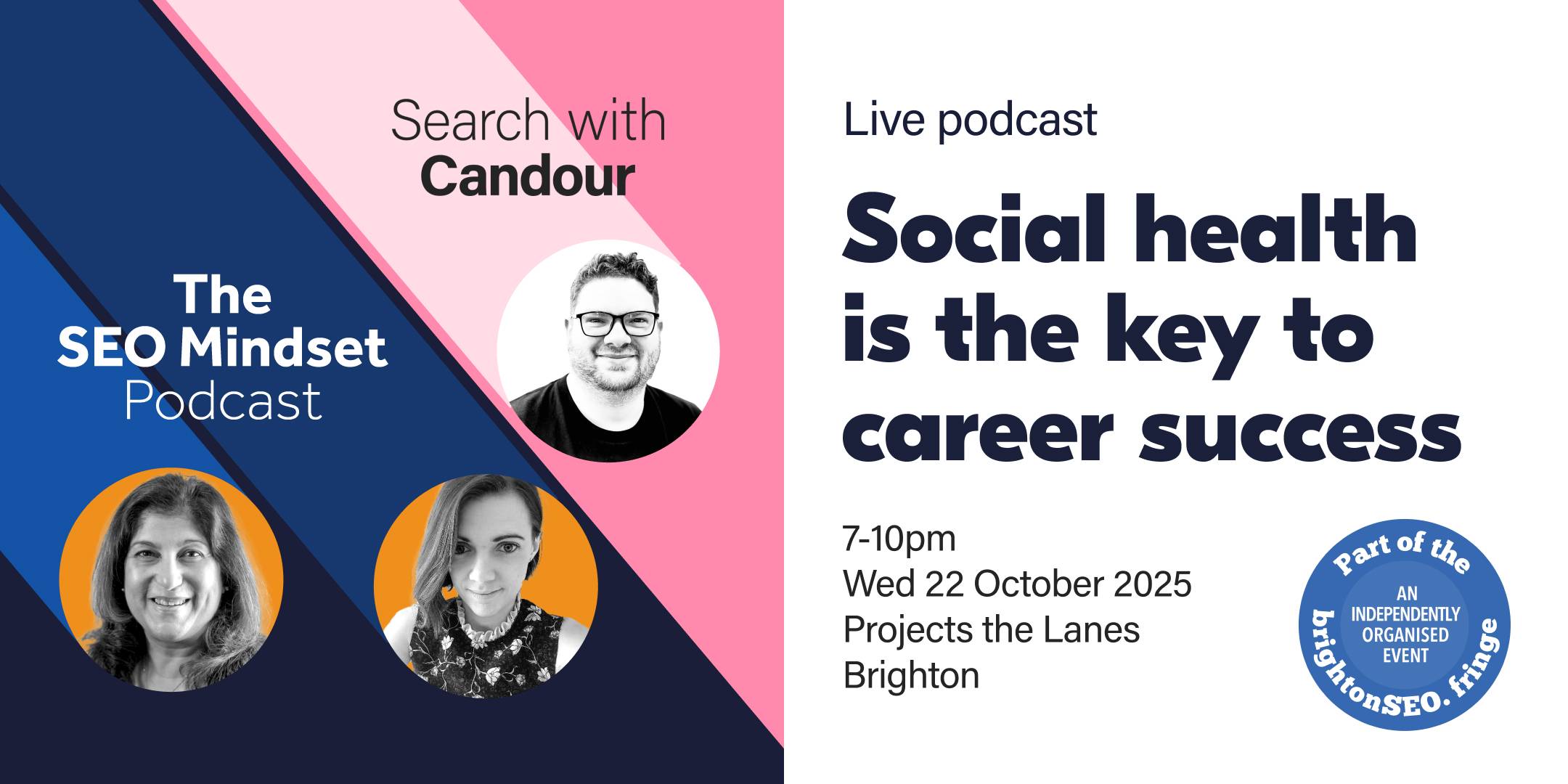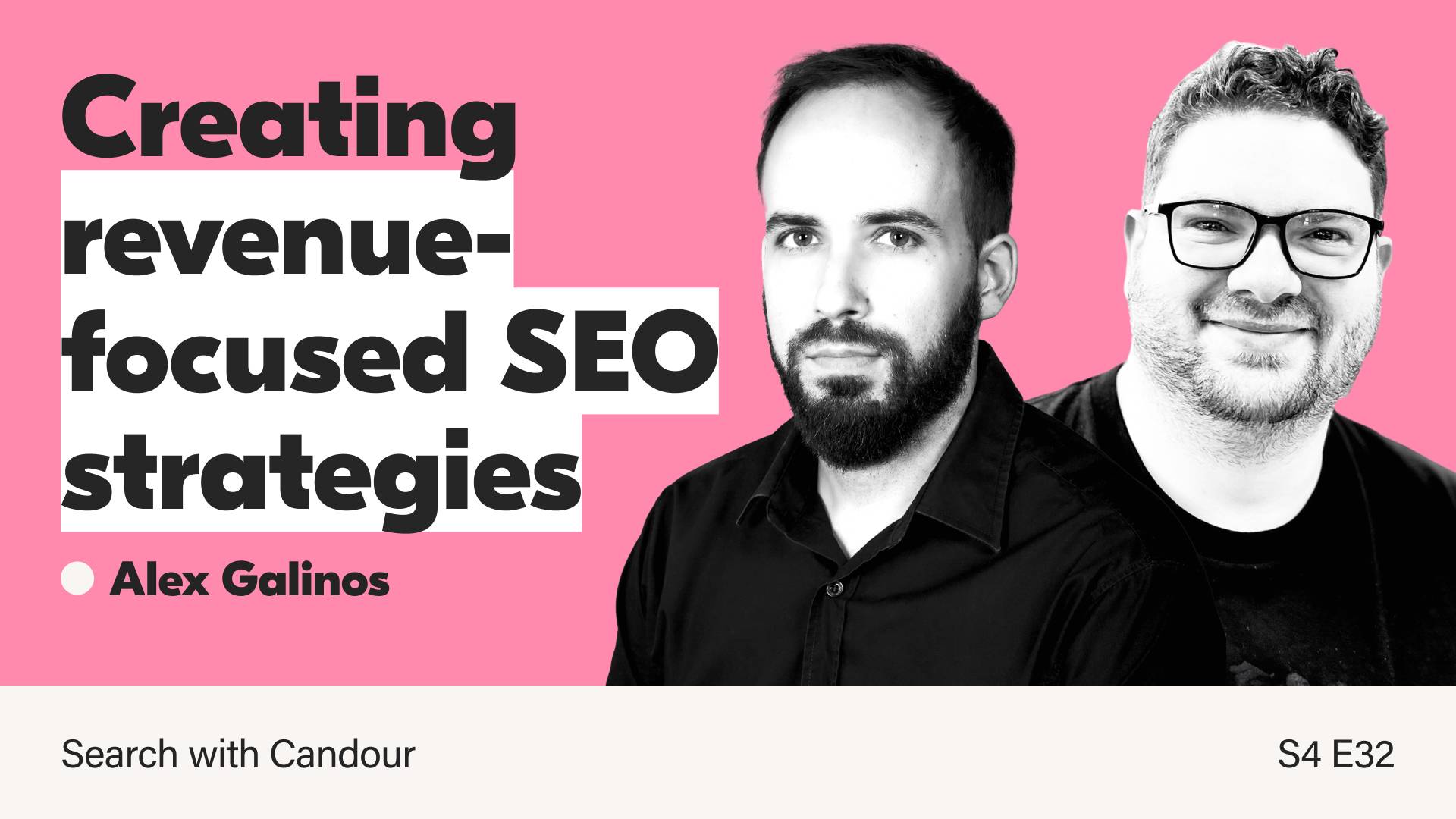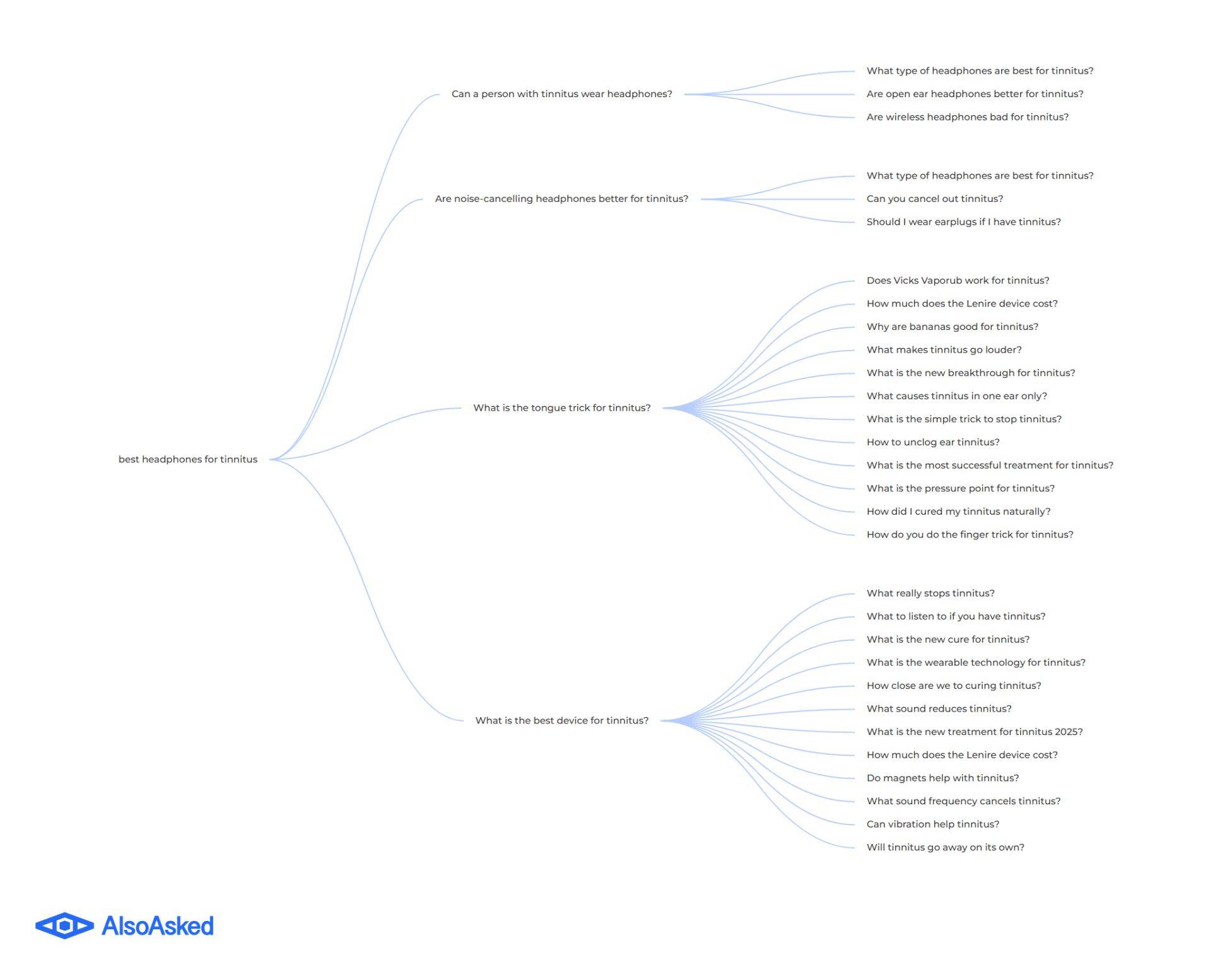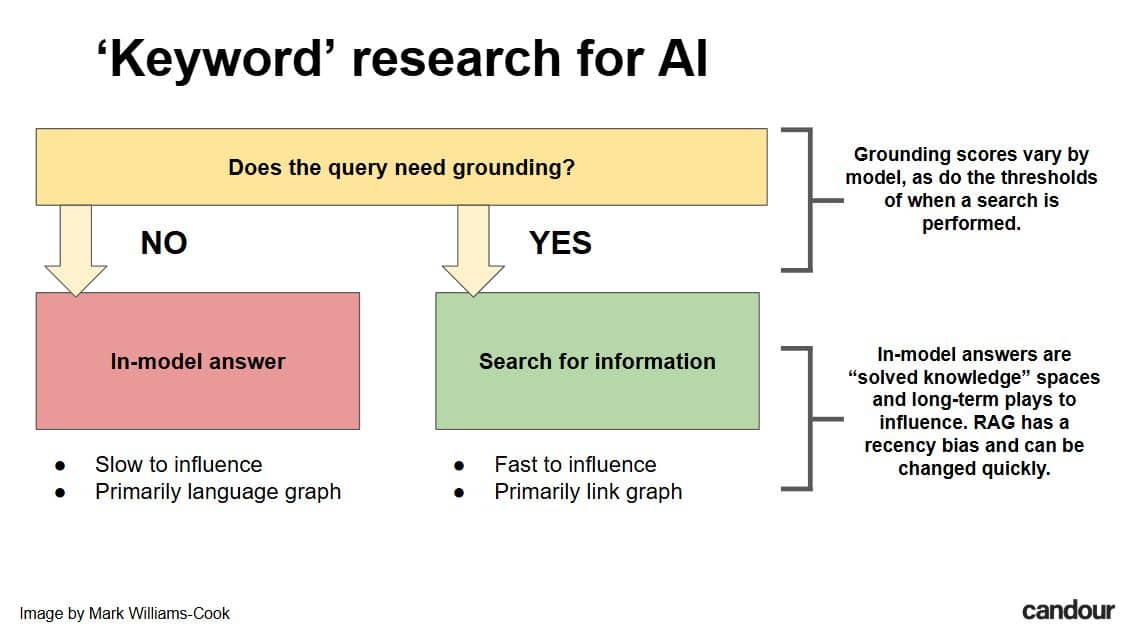|
SEO updates you need to know
Sponsor: LIVE podcast in Brighton

Search with Candour and the SEO Mindset podcasts are teaming up for another LIVE podcast - the night before brightonSEO in October!
🗣️ Topic: Social health is the key to career success
⌚️ Time: 19:00 - 22:00
📍 Location: Projects the Lanes, Brighton
📆 Date: Wednesday 22nd October 2025
🎟️ Tickets: Free!
Jack, Sarah & Tazmin will be sharing how to build, nurture, and strengthen authentic connections, so you walk away with tools to create a more connected, fulfilling personal and professional life.
|
Search with Candour podcast

Unlocking Revenue-Driven SEO Strategies
Season 4: Episode 32
In this episode of Search with Candour, host Jack Chambers-Ward interviews SEO expert Alex Galinos.
Alex shares insights on how to shift from focusing solely on traffic and SEO metrics to a revenue-driven approach that aligns with business objectives.
Jack & Alex discuss the integration of business intelligence with SEO, conversion rate optimisation, and the implications of AI and LLMs on SEO strategies.
|
|
|
This week's solicited tips:
Your links are finite things
"in 95% of cases you need to pay for link placement" ❌❌❌ In my opinion, 𝐩𝐚𝐲𝐢𝐧𝐠 𝐟𝐨𝐫 𝐥𝐢𝐧𝐤𝐬 𝐢𝐬 𝐚 𝐛𝐚𝐝 𝐥𝐨𝐧𝐠-𝐭𝐞𝐫𝐦 𝐬𝐭𝐫𝐚𝐭𝐞𝐠𝐲.
Candour pays for 0% of the links we acquire for clients, we've been building links from:
📰 Papers such as The Guardian, The Independent, The Telegraph, Metro, The Express, Huffington Post
💻 News sites such as Yahoo News, MSN News, Business Insider, IBTimes, Forbes,
📚 Sites like TakeABreak, Hello Magazine, Toda, Indsider, TheKnot, Hitched, Dicebreaker, as well as .gov and charity websites.
If you've got good ideation, and your acquisition team is being both proactive with opportunities as well as reactive, there is almost unlimited scope to earn links from these kinds of websites.
Why is paying for placement a bad idea? You're building a house of sand. At some point, even if those links are working now, at some point, Google is going to be able to work out they are likely paid placement and devalue them - this is why you see so many sites, especially during Google updates have the rug pulled from under them.
If your strategy is aligned with search engine's goals, it doesn't matter what algorithm changes happen, your links are deserved and you have a solid foundation to build on year after year.
"It works until it doesn't."
Links in these sources are only going to become more important as we move deeper in AI search territory.
|

SEOs always fear what they don't understand
When thinking about AI Search, I've been using AlsoAsked data more than ever to get a view of the likely "full conversation". 💬
While there are some super smart people like Dan Petrovic building models to help us understand what searches might happen in the background, I find PAA data still hugely valuable to understand "what are the key questions likely to be asked in this conversation?"
|
There's much more to ranking than you know
Discovery, crawling, rendering, indexing, are the main steps Google goes through. Here are 10 facts worth remembering when you're diagnosing SEO issues:
- Just because it's discovered doesn't mean it will be crawled.
- Just because it's crawled, doesn't mean it will be indexed.
- Crawling and rendering usually happen within minutes of each other.
- The indexing of crawled and rendered versions may be hours, days, or even weeks apart.
- The version of a page Google “knows about” may not be representative of Google's full understanding of that page (e.g. non-JS version indexed, but Google has rendered the JS version and 'seen' it)
- A URL marked as “Not Indexed” in GSC only applies to “standards searches, not those with things like search operators.
- "IndexNow" is an invite to crawl, not index
- Google has different purposes for crawling you can see in GSC in "Settings"
- Rendered versions of pages may change things like how PageRank is internally distributed
- Google will translate documents HTML (such as PDFs and even Lotus files!) for indexing.
|

We did more for this client than you'll ever know
Your "AI SEO audit" can only see issues, not opportunities. The 'list' it gives you can sabotage better foundations that you need to win 🥇
To give an example, when we started working with RehabsUK, there was nothing "technically wrong" with the site but one of the first tasks we insisted on doing was restructuring some of the main pages and navigation; but why?
The previous SEO agency had made 'entry points' onto the site around all kinds of pages people would need for help, on addiction, detox, getting help, advice..
It made it quite confusing where people actually need to go to get help on the site. 🤔
The client trusted us, we consolidated these pages before moving onto other technical areas, content and digital PR.
The result? From 300 clicks a month to breaking 60,000 clicks in one of the most competitive sectors in 18 months.
|

Most SEOs will never know anything beyond what they see
Knowing if a search is "in-model" or using RAG is one of the biggest determining factors on if you're wasting your money or not. 🖖
💬 This was one of my earliest predictions this year when talking about optimisation focused on AI discoverability. Now, thanks to work by people like Dan, Metehan, Mihir and Chris, we are close to good tooling to be able to do this.
🔀 The probability of a query needing grounding is visible in ChatGPT network data, and there are prediction models built for Gemini (although AI Mode is a custom model, the output appears similar in this regard). Both models give different RAG scores and use a different thresholds to search; interestingly, there are even significant differences in grounding between free and paid versions of ChatGPT.
📊 It's possible to take thousands of potential queries around topics you are interested in and progammatically get their averaged RAG scores over all models. This will give you a % chance as to whether RAG is likely to be performed. This is hugely powerful.
🛠️ This is the first step on some new tooling we are building internally to help prioritise our 'keyword' research efforts when thinking about AI visibility.
Is this "GEO"? I don't think so. It's just SEO that's evolved slightly with technology and user behaviour changes, which has been happening for many years if you've been on the ball. ⚽
We'll be releasing some tooling this year, and really appreciate the efforts on my peers sharing their thoughts and research on these topics.
|
Refer subscribers and earn rewards!
|
|
|